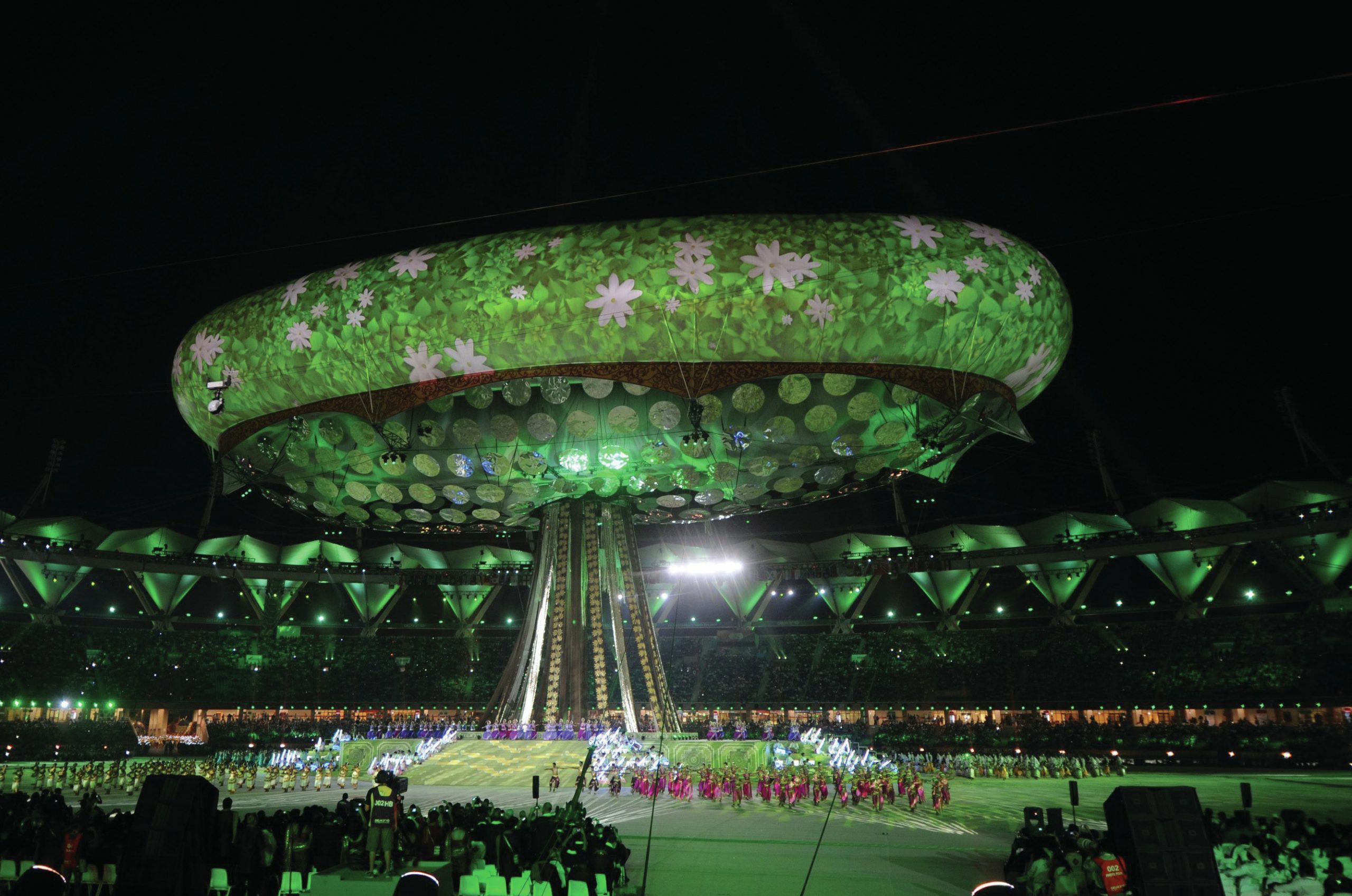
The fourteenth Commonwealth Games (CWG), held in Delhi in October 2010, provided India with an opportunity to present its capital as a ‘world class city’ of ‘international standards’. More than 6,000 athletes from 71 Commonwealth countries competed in front of the world’s press. It was only the second time an Asian city had hosted the CWG. Hopes were high that the event would be a turning point for Delhi as a ‘brand’ and a global sporting capital. India would be more than just a cricketing nation.
The city aimed to leap ahead 5 or 10 years in economic development through the US$2 billion invested in sports facilities and infrastructure, helping India keep up with other emerging economies such as Brazil and China. It also hoped the CWG would support a realistic bid to host the 2020 Olympic Games.
Your organisation does not have access to this article.
Sign up today to give your students the edge they need to achieve their best grades with subject expertise
Subscribe




